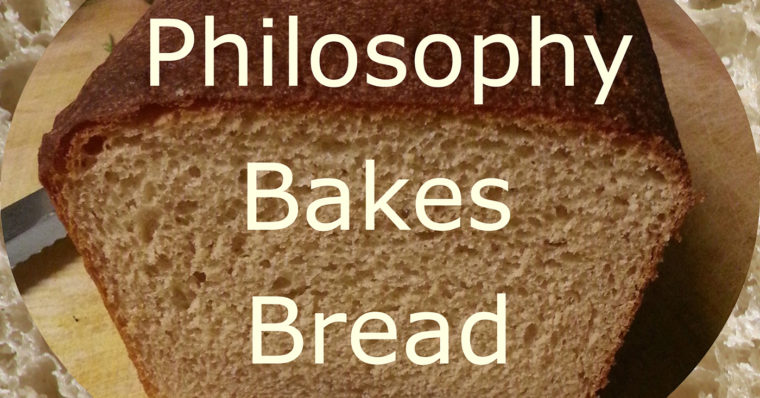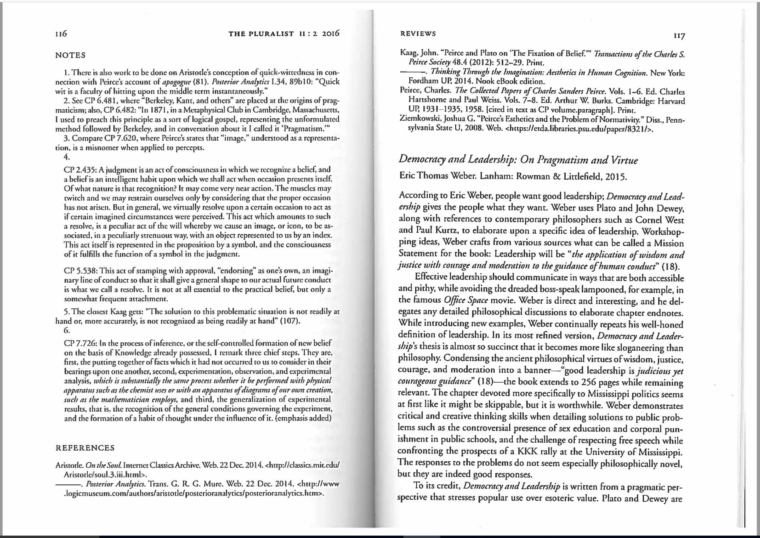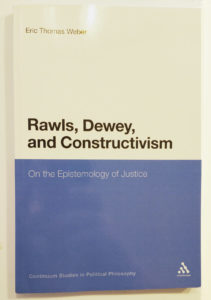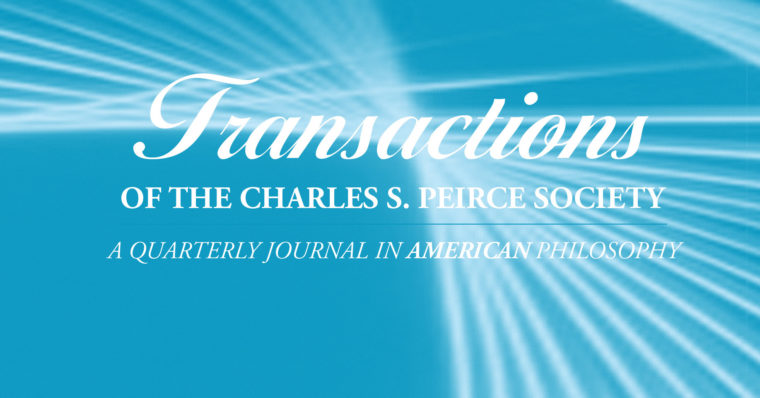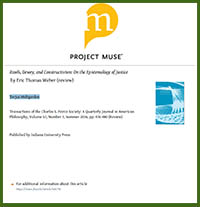(St Louis, MO) We have two rival languages for analyzing personality: the medical and the moral. They are largely incommensurable, yet cases force us to choose between them.
For instance, psychiatrists and pundits are currently debating whether to diagnose Donald Trump with “narcissistic personality disorder.” The Mayo Clinic tells us that the DSM-5 defines this disorder using the following criteria (of which five are normally considered adequate for a diagnosis):
- Having an exaggerated sense of self-importance
- Expecting to be recognized as superior even without achievements that warrant it
- Exaggerating your achievements and talents
- Being preoccupied with fantasies about success, power, brilliance, beauty or the perfect mate
- Believing that you are superior and can only be understood by or associate with equally special people
- Requiring constant admiration
- Having a sense of entitlement
- Expecting special favors and unquestioning compliance with your expectations
- Taking advantage of others to get what you want
- Having an inability or unwillingness to recognize the needs and feelings of others
- Being envious of others and believing others envy you
- Behaving in an arrogant or haughty manner
All “disorders” defined in medical discourse are like diseases or injuries. Any disorder must be found repeatedly in a population: the various criteria must cluster statistically. It must harm the individual who suffers from it: the patient. The harm usually takes the form of preventing the patient from enjoying “normal” or healthy functioning. Medical science seeks to explain the disorder as a result of prior causes, and it looks for treatments that prevent, remove or at least mitigate any impairment.
Medicine marginalizes moral judgments. Even if you broke your leg because you were jumping on your bed, once you get to the ER, you’re a patient suffering from a fracture, and the point is to make you better so that you can jump again.
Thus the Mayo Clinic uses its standard format (Definitions, Symptoms, Causes, Risk factors, Complications, Preparing for your appointment, Tests and diagnosis, Treatment and drugs, Lifestyle and home remedies, and Prevention) to discuss narcissistic personality disorder, exactly as it discusses strep throat. It’s all addressed to the patient, who is assumed to want to avoid the impairments attributable to this disorder. “If you recognize aspects of your personality that are common to narcissistic personality disorder or you’re feeling overwhelmed by sadness, consider reaching out to a trusted doctor or mental health provider. Getting the right treatment can help make your life more rewarding and enjoyable.”
The causes of narcissistic personality disorder are unknown, but likely suspects fall into two clusters that are equally beyond the control of the patient: “Mismatches in parent-child relationships with either excessive pampering or excessive criticism” and “Genetics or psychobiology.” Complications are said to include “Relationship difficulties,” “Problems at work or school,” “Depression,” “Drug or alcohol abuse,” and “Suicidal thoughts or behavior.”
After preparing for your doctor’s visit and receiving a diagnosis of narcissistic personality disorder, you may be prescribed psychotherapy (which “may take several years” to work) or given drugs for anxiety or depression, because “there are no medications specifically used to treat [this] disorder.”
Moral discourse, in contrast, views every item on the list above as a vice. Olivia says that to be “sick of self-love” is to “taste / with a distempered appetite,” which means misinterpreting what others say. To be sure, our personalities are not fully under our control: parents, genes, and other factors shape us. Still, if we have a vice, we must acknowledge and strive fix it. The primary reason is that it hurts other people. That means that a vice is a vice even if it causes us no “complications” along the lines of “problems at work or school” or depressive thoughts.
Nor does it matter whether vices correlate statistically in a population so that they can be treated as a single syndrome. Each fault stands on its own. However, there may be interesting logical or causal links among specific vices. For instance, maybe it’s because you are “envious of others” that you “exaggerate your achievements and talents.” Since Aristotle, moral philosophers have closely analyzed vices and virtues to understand their logical interrelationships. But even if you happen to be the only person in the world who has put together a given set of moral flaws into its own ugly combination, you need to fix them.
In Vox recently, David Roberts wrote:
All nine [criteria of Narcissistic Personality Disorder] describe Trump’s public behavior with eerie accuracy. But a disorder, by definition, inhibits normal functioning, impedes success. And Trump is inarguably successful. He’s one of the most powerful people in the world. Whatever kind of personality he may have, some psychiatrists argue, he can’t have a disorder. He’s doing well for himself.
These psychiatrists cited in this article epitomize medical discourse. Their standard is the “normal functioning” of the patient who might make an appointment because of an impairment.
I have no doubt that the medical framework has to some extent liberated us. By analogizing psychological problems to diseases or physical accidents, it has challenged the presumption that emotions lie under the conscious control of actors and has put us on the path to at least a few treatments–when otherwise all we would have is censure. In his homage to Freud, who had devoted a whole 1914 essay to Narcissism, W.H. Auden wrote:
[He] showed us what evil is, not, as we thought,
deeds that must be punished, but our lack of faith,
our dishonest mood of denial,
the concupiscence of the oppressor.
With Freud’s death, said Auden,
One rational voice is dumb. Over his grave
the household of Impulse mourns one dearly loved:
sad is Eros, builder of cities,
and weeping anarchic Aphrodite.
But notice that Auden’s encomium was deeply moral. He rightly saw that the only value of a scientific/medical discourse is its potential to improve the world. If that discourse makes it impossible for us to censure, judge, and demand restorative justice from a person who is harming others, then it is clearly inadequate.
It is a moral, not a scientific, assertion that Trump is a narcissist. Narcissism is compatible with his successful functioning, and it may even partly explain his success to date (although I have the feeling that a reckoning is not far off now). If lots of people exhibit the same set of traits he does, that is interesting; it increases the odds that some kind of drug or standardized treatment may ultimately target the syndrome as a whole. But even if Donald Trump is the only person with his precise list of vices, he merits condemnation. As Lord Byron (who had plenty of personal experience of the matter) observed, “self-love forever creeps out, like a snake, to sting anything which happens, even accidentally, to stumble upon it.”
See also insanity and evil: two paradigms; and morality in psychotherapy.

